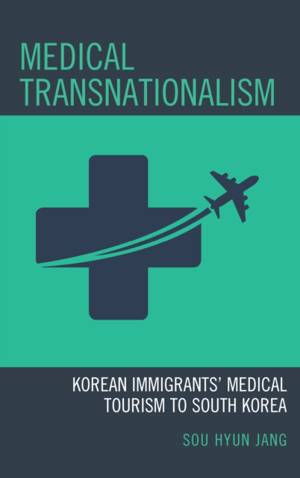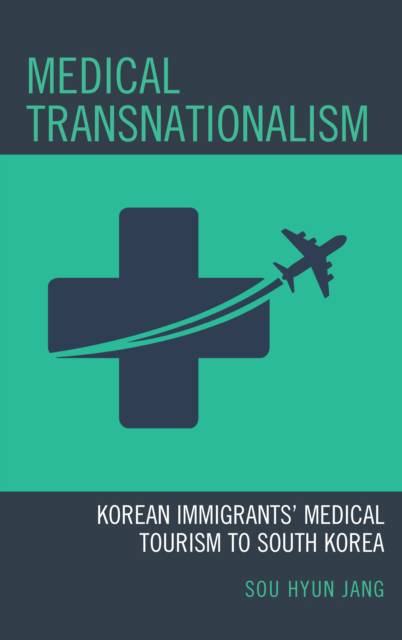
- Retrait gratuit dans votre magasin Club
- 7.000.000 titres dans notre catalogue
- Payer en toute sécurité
- Toujours un magasin près de chez vous
- Retrait gratuit dans votre magasin Club
- 7.000.0000 titres dans notre catalogue
- Payer en toute sécurité
- Toujours un magasin près de chez vous
187,95 €
+ 375 points
Description
This comprehensive book, with the analysis of a large-scale survey and in-depth personal interviews through the lens of social theory, covers different aspects of Korean immigrants' barriers to formal US healthcare and their distinctive healthcare behaviors to cope with these barriers.
Spécifications
Parties prenantes
- Auteur(s) :
- Editeur:
Contenu
- Nombre de pages :
- 150
- Langue:
- Anglais
- Collection :
Caractéristiques
- EAN:
- 9781498563321
- Date de parution :
- 06-06-18
- Format:
- Livre relié
- Format numérique:
- Genaaid
- Dimensions :
- 157 mm x 231 mm
- Poids :
- 453 g

Les avis
Nous publions uniquement les avis qui respectent les conditions requises. Consultez nos conditions pour les avis.






